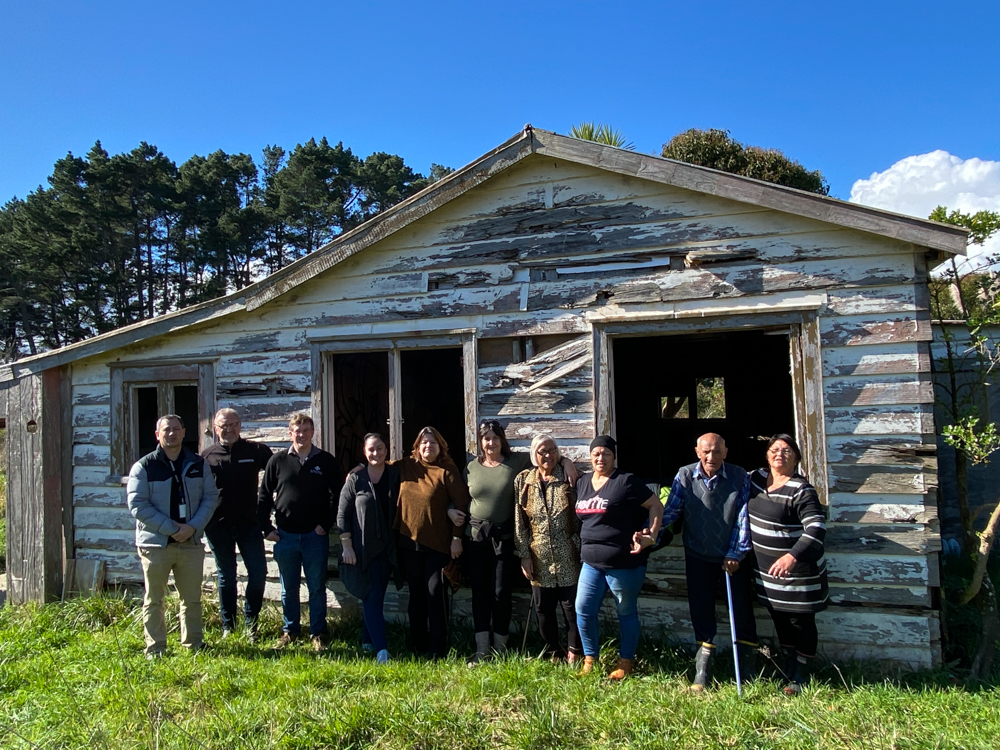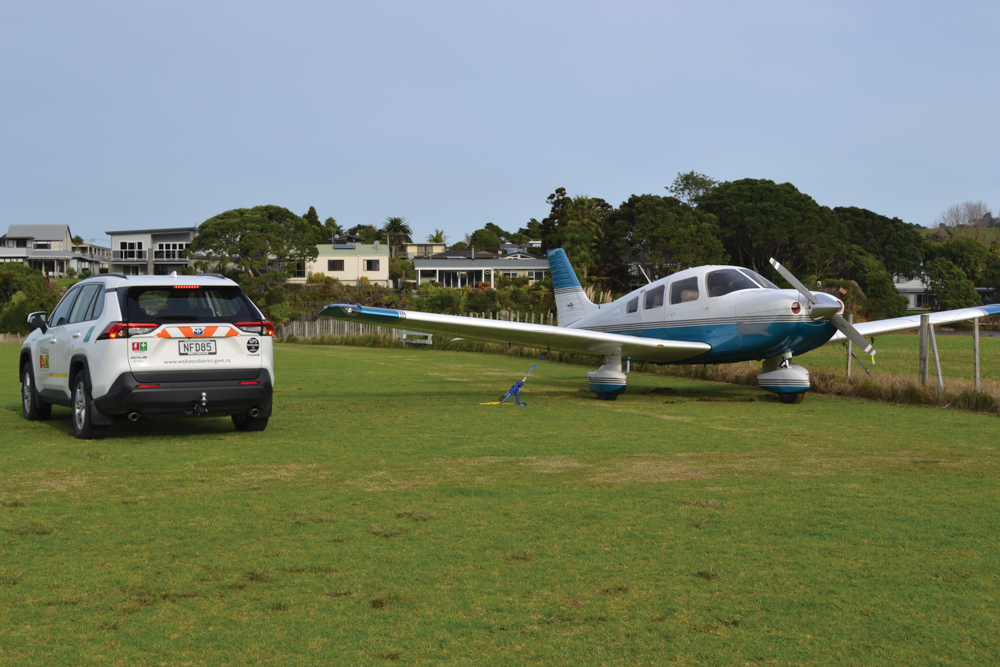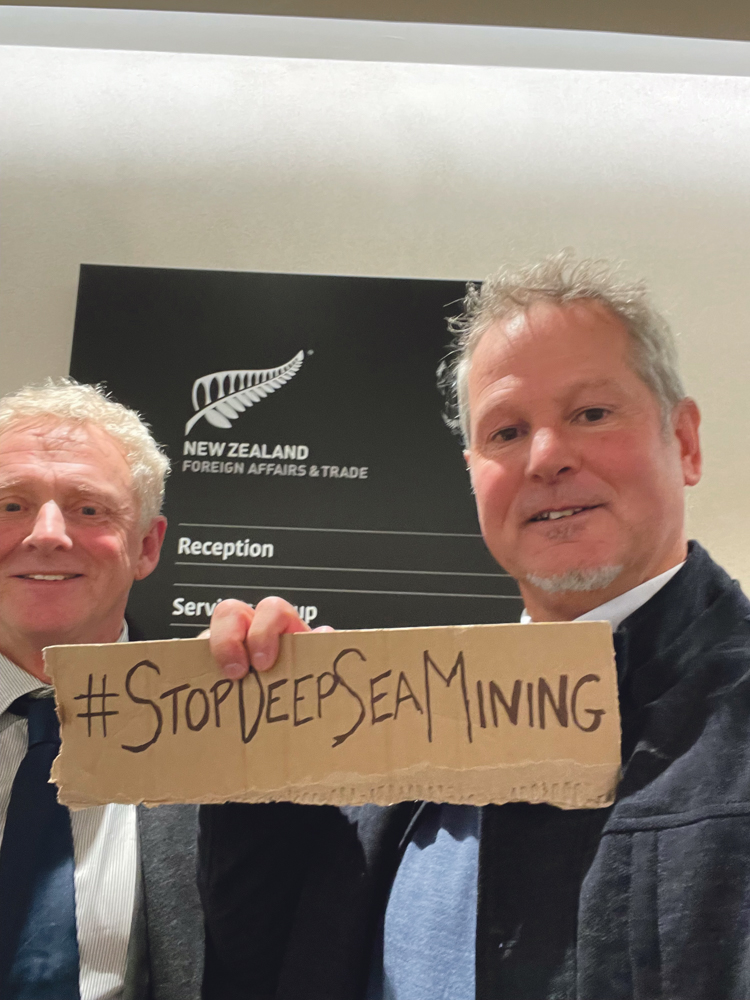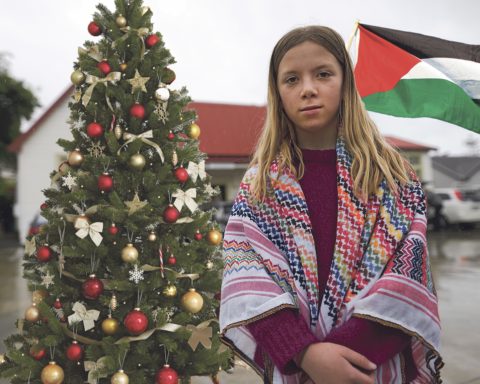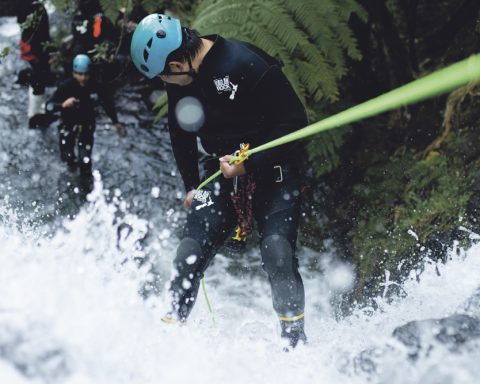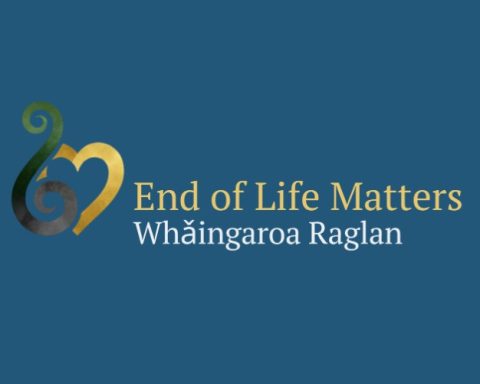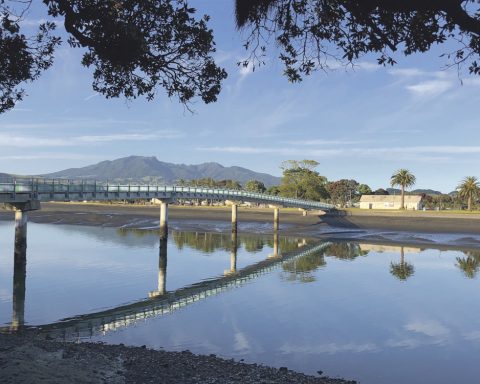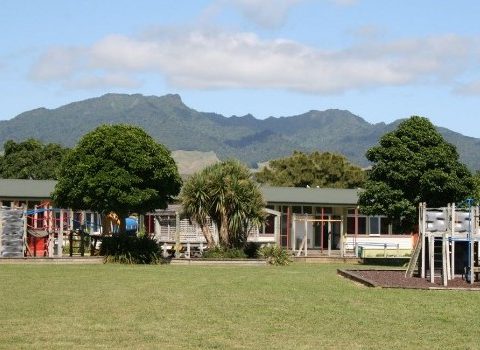W
henua Māori on Wainui Road, sitting idle for decades, will be home for 22 whānau, both local and those living as far away as Australia and beyond.
The papakāinga (village) project received a boost of $3.2 million from Te Puni Kōkiri (TPK) and the first houses will be available by the middle of 2022.
Dozens of whānau from the Rākaunui 1B Ahuwhenua Trust recently gathered to bless the whenua and mark construction of their papakāinga that has been more than 15 years in the making.
Trust chair Monika Newton-Karekare says many years of frustration and attempts to care for the whenua within the complex barriers of multiple-ownership set the project in motion.
“The little humble whare that stands strong still today has been the home and shelter for many many whānau over the years and is an iconic monument that the whānau would love to see restored and shared within the papakāinga and whānau katoa (all family).”
The project dates back to 2006, when whānau were motivated to see something positive happen on the whenua (land), called a hui at Poihakena Mārae.
The trust obtained funding from TPK to undertake a feasibility study and earlier this year funding was approved for the papakāinga, including both collectively-owned affordable rental homes and whānau-owned homes.
The 14-acre Rākaunui 1B was once part of a larger 1000-acre whenua block. It is now one of only a small number of the blocks left in Māori ownership in Whāingaroa.
Many whānau once lived in this block, filling their kai basket from large māra kai (gardens), the moana and maunga Karioi. Timber felling, wheat growing and a flour and flax mill were some of the economic activities undertaken by whānau on the Rākaunui block in the 1800’s.
Like much of whenua Māori, parts of the Rākaunui block were sold or acquired by dubious means when the Pākehā-controlled Native Land Court, converted customary titles to land to individual titles.
The Raglan County Council vigorously and aggressively set out to obtain parts of Rākaunui which were then used for the local rubbish dump and quarry, and the water supply owned by Riki whānau was sold on the condition that whānau would continue to have free access to water from the Riki spring.
Another Rākaunui block belonging to Tutira Waretini was ‘acquired’ by the use of the Public Works Act when the town needed a new sewerage system. The oxidation ponds were placed on the sacred site of Te Rua o Te Ata, with the pipeline running through Te Kopua papakāinga to the moana entrance to discharge in the vicinity of Pipirua, the main kutai (mussel) reef.
“It has become quite apparent on our journey of whānau reconnecting, not only with their tūrangawaewae but with each other, that it illustrates clearly that the division and carving up of the whenua into individual titles has facilitated the alienation of whānau, not only from the whenua but from each other,” Monika says.
A communal area will be the heart of the papakāinga, providing space for whānau to holiday, and for hui and wānanga (educational workshops) to be held. Alongside this will be large communal marā kai, fruit trees and a playground.
“Our expectation is for whānau to form a strong connection with our mārae Poihakena; we will have a connecting pathway through to the mārae from the papakāinga. This is to encourage whānau to participate and contribute in any and all ways that they wish and are able to.”
The first stage begins soon with Heartland Homes building four affordable rentals for whānau.
By Janine Jackson
